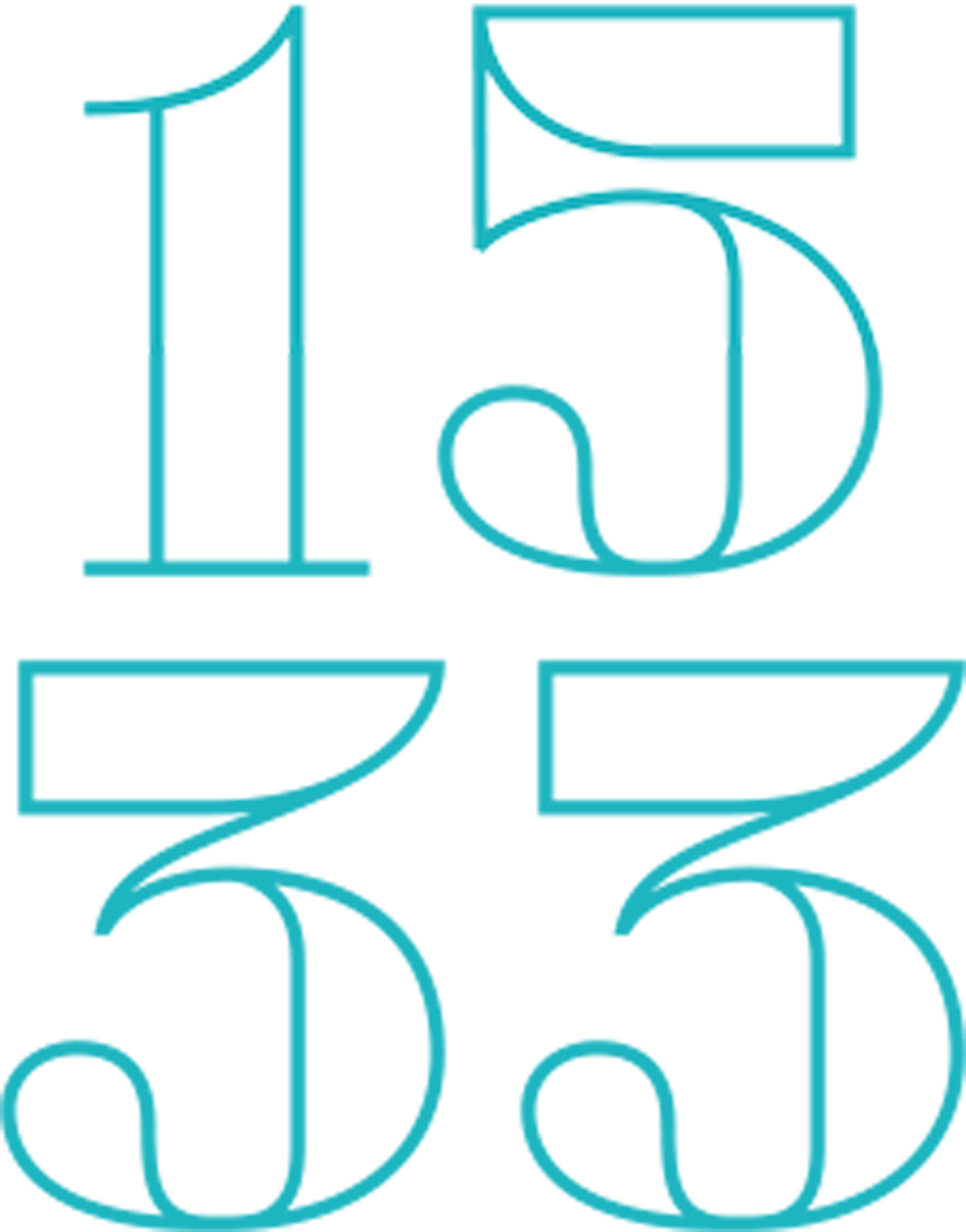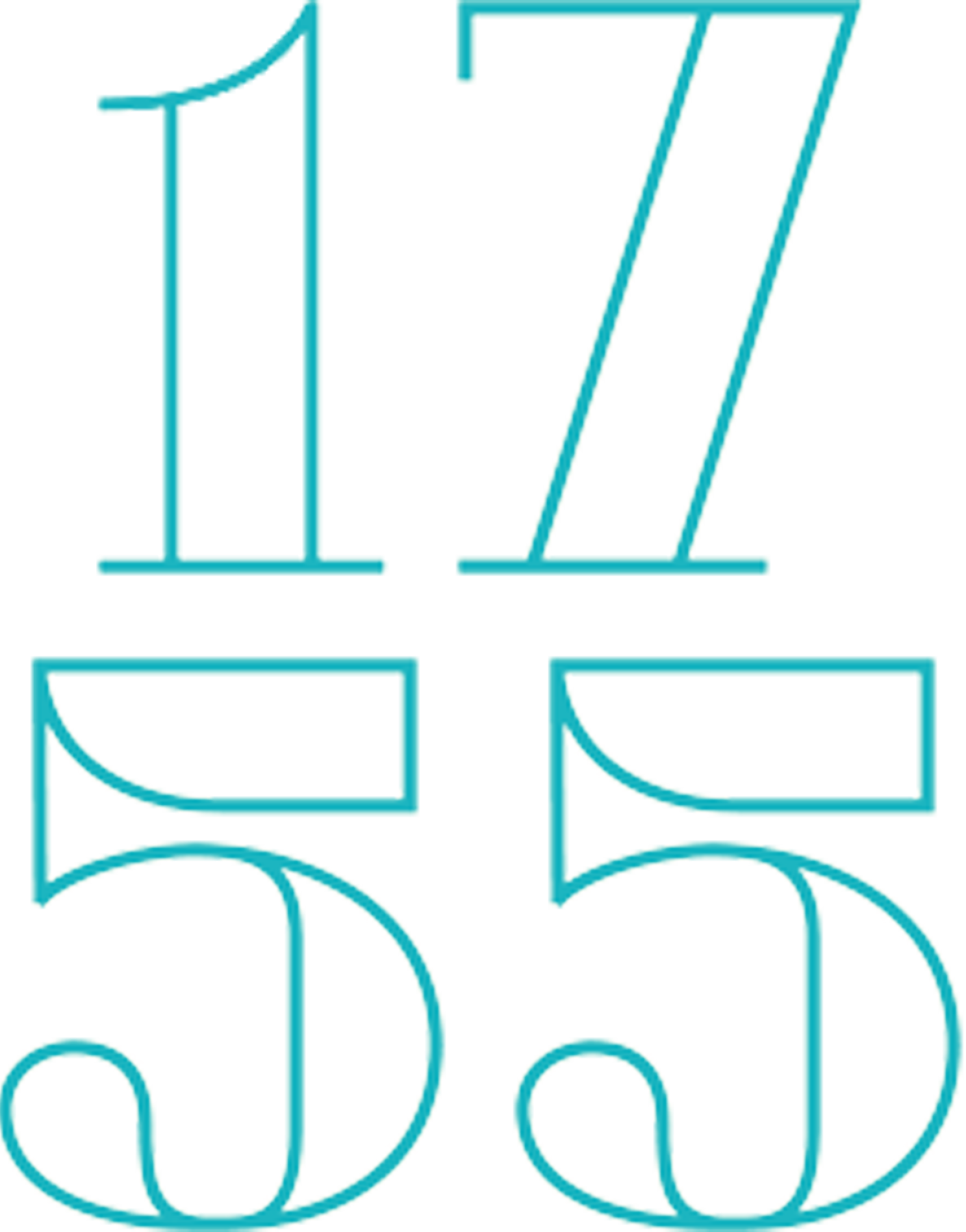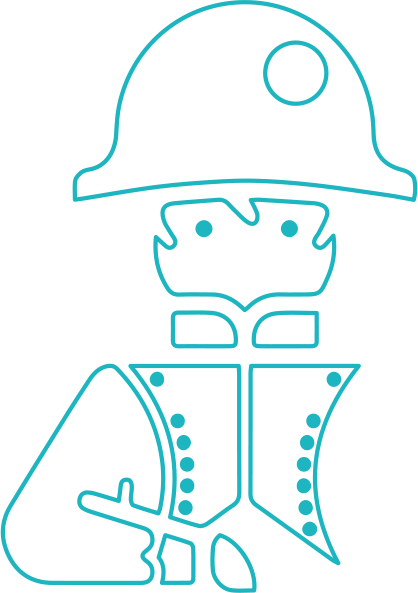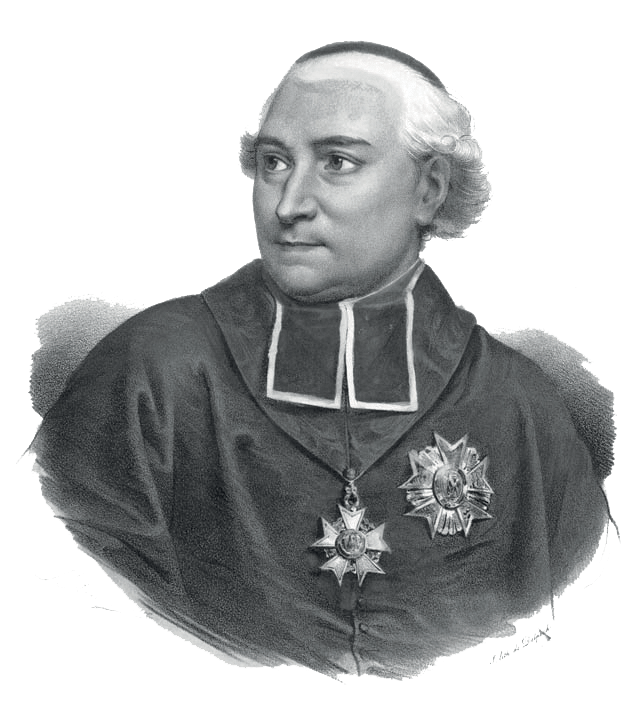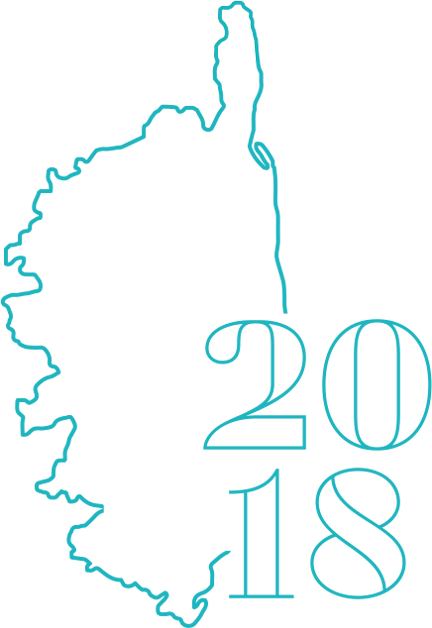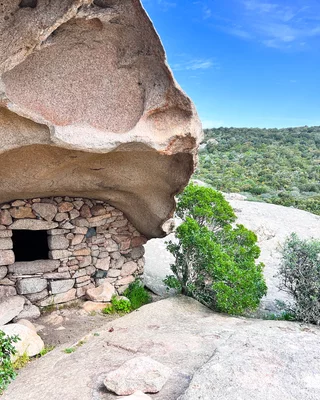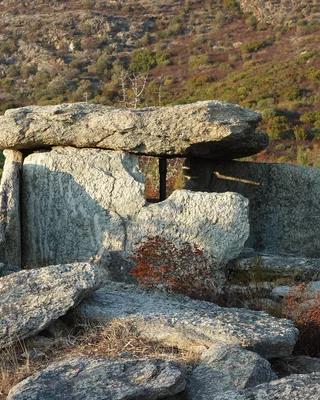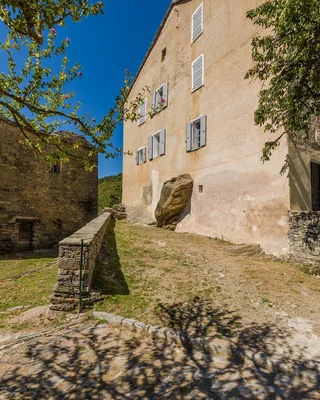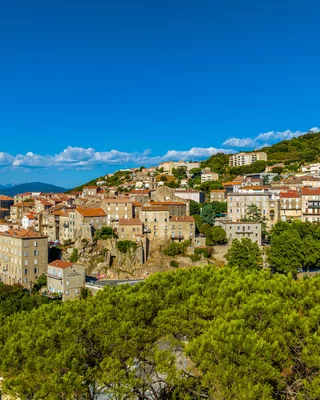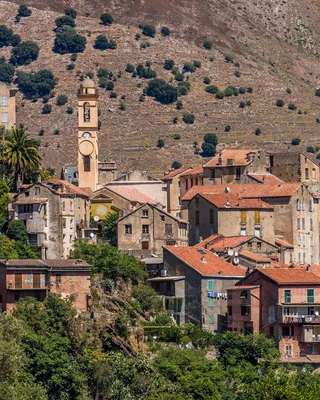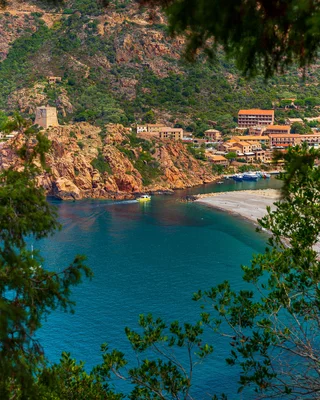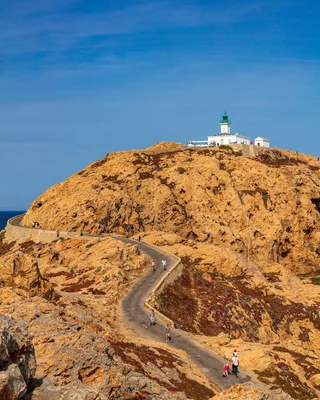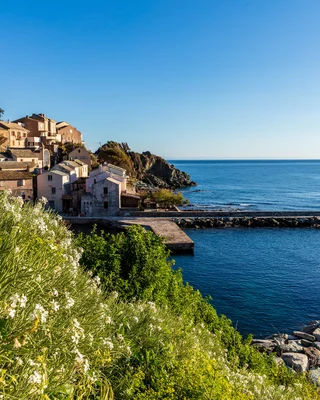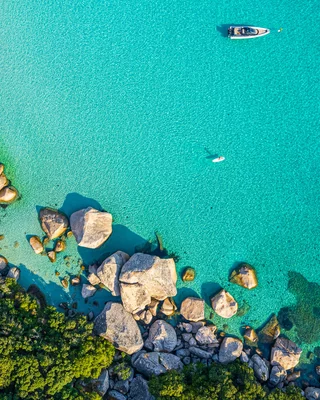Beautiful ... Rebelle, the history of Corsica in a few dates!

4th century BC
FILITOSA
Stone and the sacred
From their imposing stature, stylized anthropomorphic monoliths watch over the Valinco, witnesses to past civilizations and symbols of little-known religious rites. This site, occupied for millennia from the 4th millennium BC to antiquity, surrounded by centuries-old trees, inspires awe and wonder.
6th century BC
ALERIA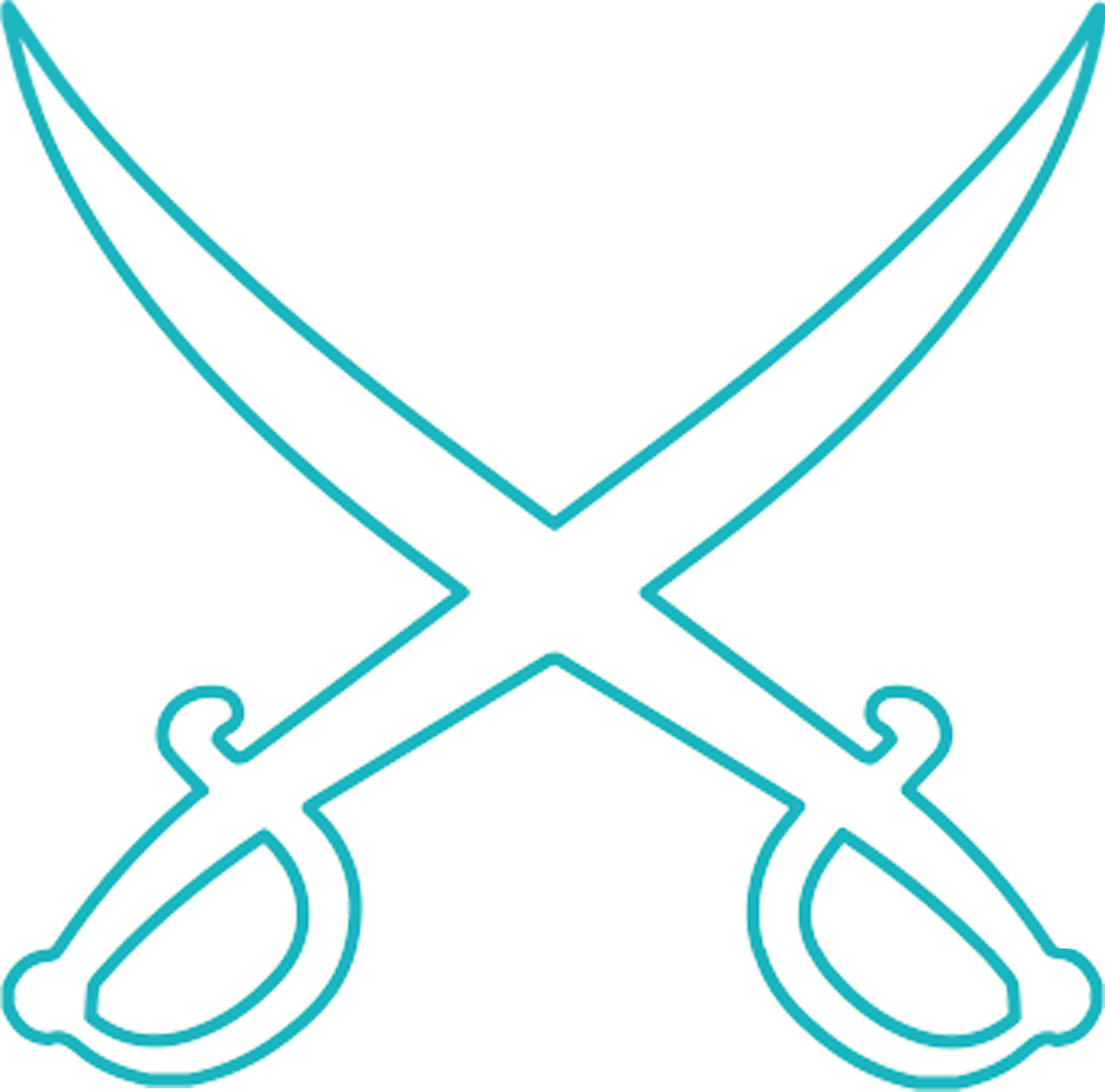
Capital of Roman Corsica
Cradled by the Tavignano and the fertile plains of the Plaine Orientale, this major archaeological site will take you on a journey through time. Founded in the 6th century BC, it features Etruscan tombs, an opulent Roman city (with villa, forum and thermal baths, temple and praetorium) and a medieval fort turned museum.
8th century
INVASION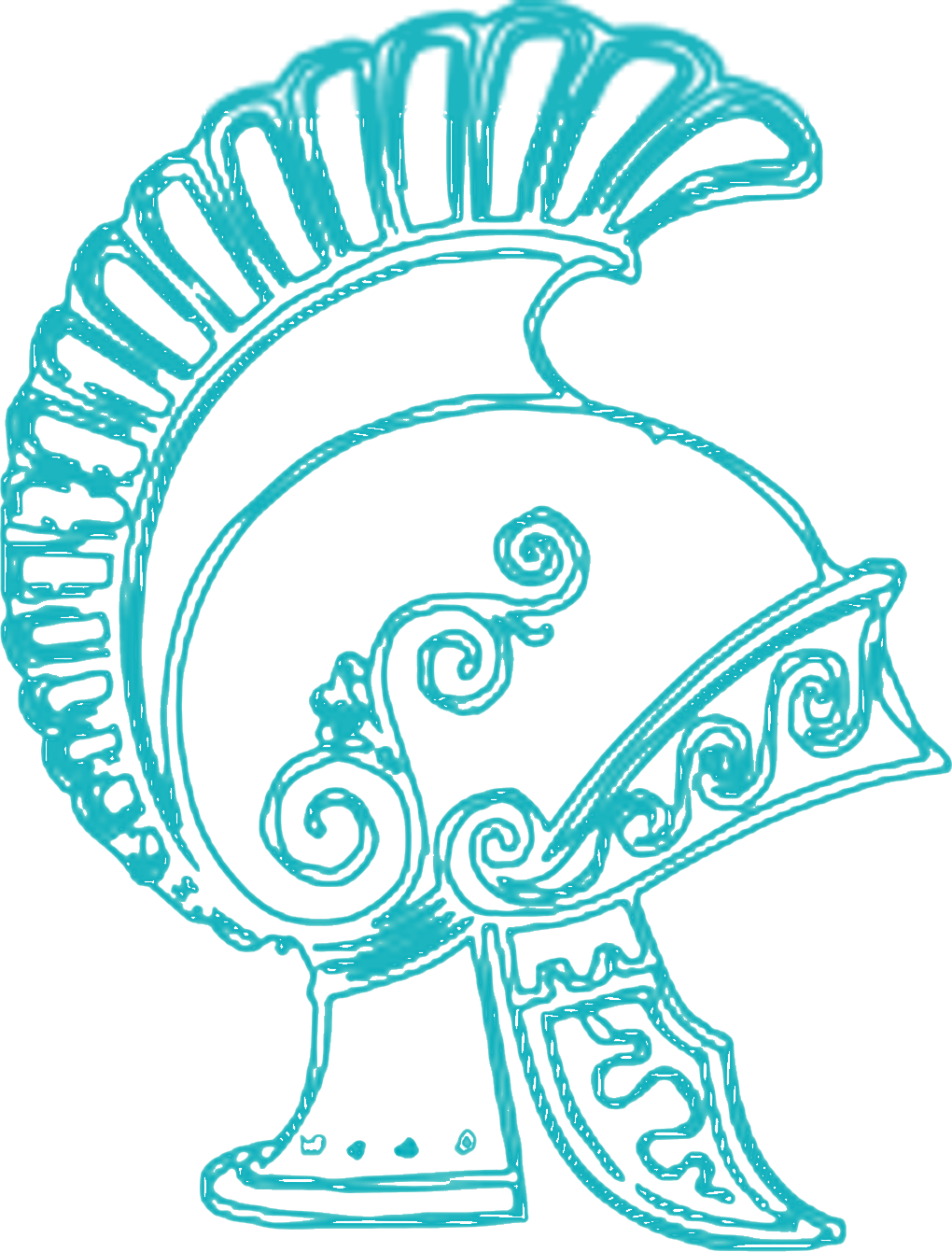
Saracen raids
In the 11th century, the Pope asked Pisa and Genoa to intervene against the Saracens in Corsica.
Corsica
Kurnos,
Corsica in ancient Greek, pronounced
Kyrnos
The name is derived from the Phoenician root

Kur or Kyr, meaning point, cape, promontory.
It is probable that these navigators named the island to express the strong impression it made on them, bristling with points and promontories, when they approached it from the south or west.

Korsai,
The Phoenicians had another word for the island, meaning a place covered with forests or thick vegetation, another impression received by men coming from regions already at least two-thirds deforested.

Korsai gave
Corsica in Latin.
13th century
GENE 
The Italian city reigned supreme over Corsica after triumphing over its eternal rival, Pisa, in the naval battle of Meloris.
16th Century
GENOISES TOWERS 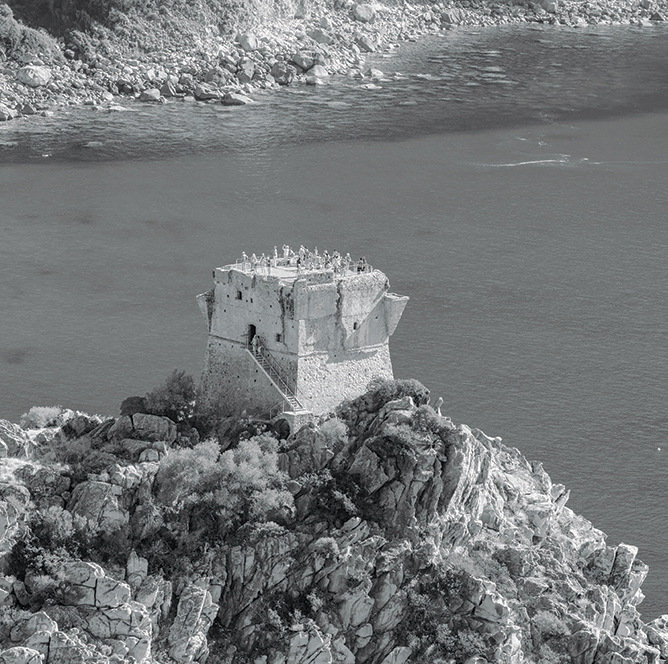
500 years of vigilance for the ladies of stone
For centuries, the "torre" have guarded the coastline. These ancient watchtowers, most of which were built in the 16th century, have become one of the island's symbols, with only 67 now standing facing the sea. These coastal lookouts are often visited and offer breathtaking views.
HENRI II
The King of France conquers Corsica with the exception of Calvi, led by the Corsican colonel Sampiero Corso.
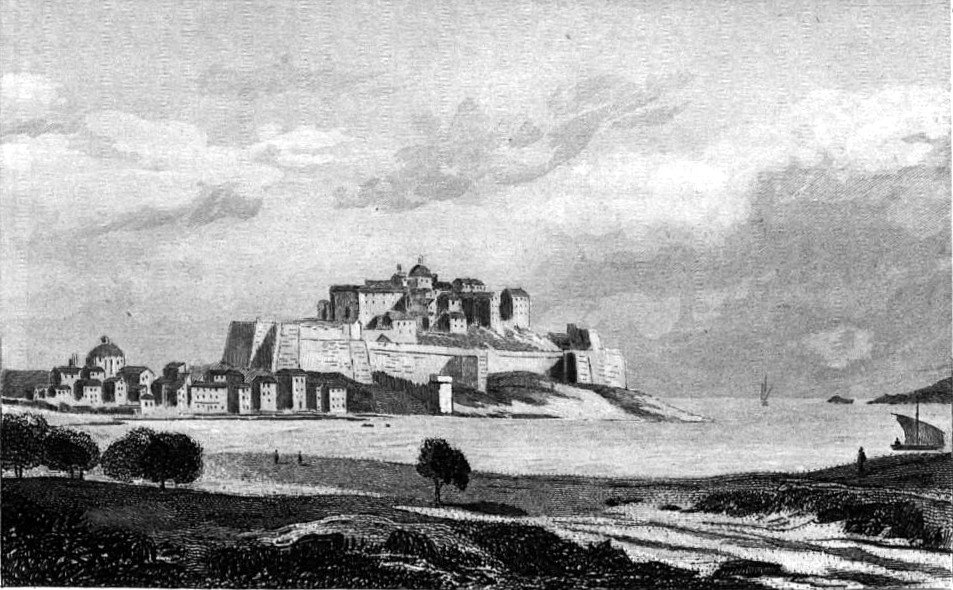
Henry II
The Italian city reigns supreme over Corsica after triumphing over its eternal rival, Pisa, in the naval battle of Meloris.
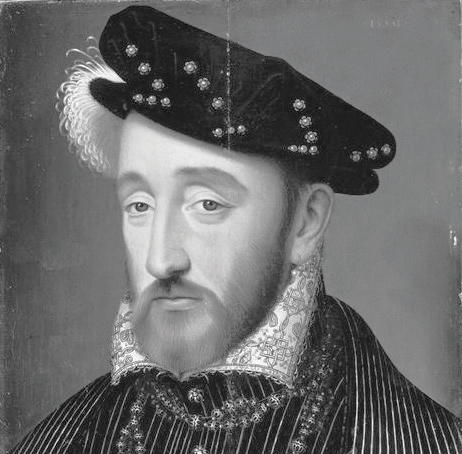
THEODORE DE NEUHOFF
1736
The German baron (1694-1756) is crowned King of Corsica. The first Corsican kingdom lasts seven months.
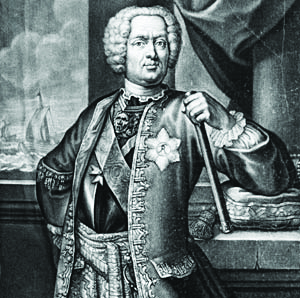
PASCAL PAOLI
Pascal Paoli declares the island independent and establishes a government in Corte. He drafts the 1st democratic constitution in modern Europe.
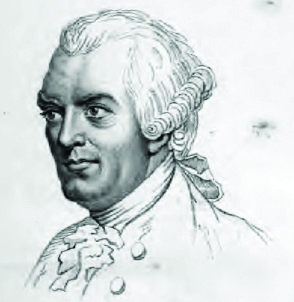
NAPOLEON BONAPARTE
Birth of Napoleon Bonaparte. The previous year, Genoa had ceded Corsica to France under the Treaty of Versailles.

FESCH THE IMPERIAL CARDINAL
Ajaccio is imbued with the legacy of Napoleon I's uncle, a great lover of art who amassed a prestigious collection during his lifetime, which is now on display in the eponymous palace built on his initiative. What better way for the city to pay him a well-deserved tribute than to dedicate a street and a fine arts museum to him?
LIBERATION
1943
Corsica was the first French department to be liberated. Nearly 12,000 young people from the island would continue to fight until the liberation of France.
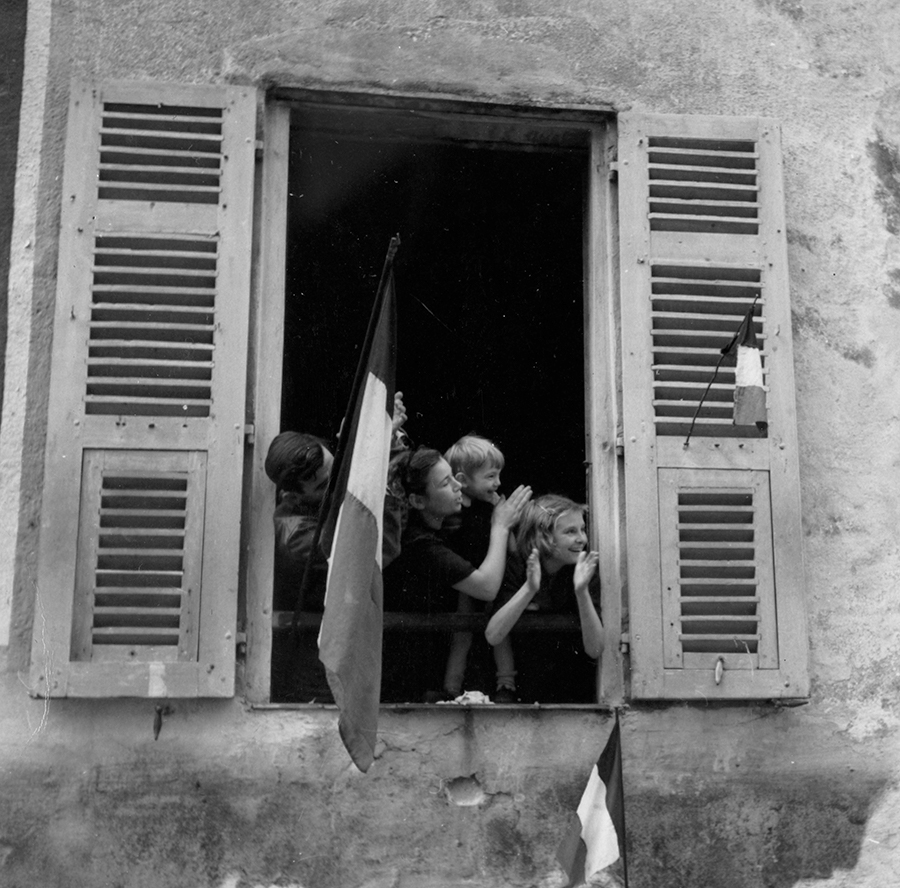
"By the scent of its MAQUIS, from afar, with closed eyes, I would recognize Corsica".

Napoleon Bonaparte
CREATION OF THE UNIVERSITY OF CORSICA
The University of Corsica was founded in 1765 by General Pasquale Paoli. In 1981, following a popular movement, the university reopened its doors in Corte, welcoming its first students.
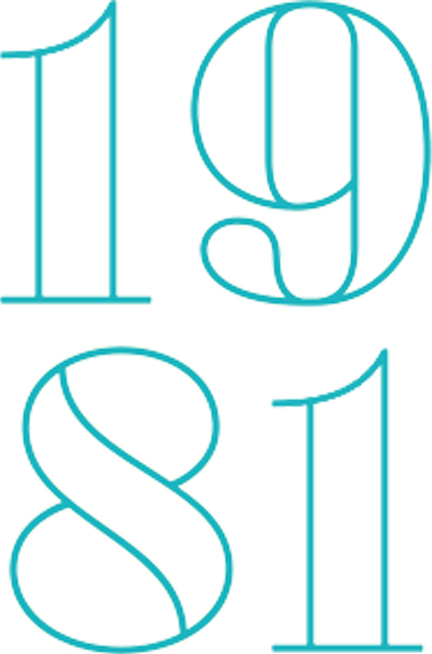
MERGER
The two departments of Haute-Corse and Corse-du-Sud become the Collectivité de Corse.
